The US and Japanese stock markets have plummeted, and the whole world is watching the spectacle, but few realize that a massive crisis is looming.
Americans may have already realized that the thing they have always feared the most is finally about to erupt.
An important question is posed to the world: what if the dollar collapses again?
Are we ready for a world without dollars?
Over the years, many have seen the dollar crisis, especially in the last two years, as a global wave of de-dollarization has risen.
However, opponents mock, saying that you have been shouting for many years, and the dollar is still the currency with the strongest purchasing power in the world, a hot commodity that everyone is vying for.
Advocates also cannot clearly say when the dollar will collapse, and can only retort that it is a gradual process.
When the dollar weakens to a critical point, a multipolar currency world will naturally form.
These views may seem familiar to you.
Which side do you support?
It was not until this time, when the yen interest rate hiked and the US and Japanese stock markets plummeted, and the US dollar index plummeted, with a series of financial crisis events erupting, that we understood that the collapse of the dollar is not a lengthy process, but rather an unexpected event that can knock down the wall with a single blow.
The key question is, how will the collapse of the dollar system occur?
We can briefly recall how the dollar system collapsed in the 1970s.
Although the collapse of the Bretton Woods system at that time took a few years, the explosive event was when French President Charles de Gaulle declared that he would sail an aircraft carrier to the United States to transport France's gold back home, and the situation suddenly accelerated.
The gold run came, and almost the entire Europe demanded to exchange their dollars for gold.
Faced with the pressure of $3 billion in gold exchanges, the United States was forced to announce the suspension of the exchange between gold and the dollar, decoupling the dollar from gold, and other currencies were no longer pegged to the dollar.
Many people have seen the "dollar decoupling from gold," but they did not pay attention to the latter half of the sentence, "other currencies are no longer pegged to the dollar."
In fact, this is the key point, which means that the dollar is no longer the world's currency.
This is the United States directly defaulting and lying down!
Since you all want to exchange dollars for gold, we have printed too many dollars and do not have that much gold, so we are no longer your world currency, and you can do whatever you want.
This also makes us understand that the collapse of a system is often a sudden event that occurs after a long historical process, where the crisis accumulates to a certain extent.
After that, the dollar went through a drastic reset process, and it was not until the Plaza Accord in 1985 that the curtain fell, and the dollar became a credit currency secured by petrodollars and backed by US debt.
In fact, this is everyone recognizing the United States as the big brother again.
In other words, if one day the United States is no longer the big brother, the credit foundation on which the dollar relies will be gone.
How can the United States not be the big brother?
In addition to everyone rebelling and overthrowing the big brother status of the United States, the United States can also take the initiative not to be the big brother, just like in 1971, lying down.
Some people say that you are talking nonsense, not being the big brother anymore, isn't this giving up world hegemony?
How could the United States give up?
Yes, it is difficult for the United States to give up world hegemony all at once, but they may not want to be the world's central bank anymore!
This idea is not something we made up.
In recent years, many American economists have put forward this idea, and even many Americans believe that the United States prints money for the world, pays a huge cost, and still has to bear financial and even economic crises, which is simply not worth the effort.
Yes, you are right, the financial and even economic crises of the United States are largely triggered because the dollar is the world's currency.
Every time the United States issues dollars to the world, Americans actually do not know how much to print, and it is even more difficult to control the flow of dollars, which brings two serious consequences.
First, if too many dollars are printed, over the years, the US debt as collateral has become astronomical, and this is an unsolvable knot.
In fact, Americans are also very aggrieved.
They believe that US debt is not only a problem for the United States but also a problem that the world needs to face together, so they have the courage to ask other countries to buy US debt, including us.
Do you know how many dollars are needed for such a large world?
If you don't buy US debt, how can we issue more dollars?
Second, Americans also do not know how many dollars to print, so they look at inflation.
If global inflation occurs, it means there are too many dollars.
But Americans have no better way, so they can only simply and brutally raise interest rates to withdraw dollars.
After each interest rate hike, dollars flow back to the United States, and they have to pay high interest costs.
In addition, it is easy for the dollar to raise interest rates, but it is difficult to lower them.
A large amount of dollars is released, and no one knows where it will flow, and the consequences are unpredictable.
Americans also have no better way, so they have to let the market adjust, which is what we often say, the dollar tide harvests the world.
The dollars released will search the world for high-yield targets.
This time, the US and Japanese stock market circuit breakers, the yen interest rate hike appreciation, and the decline of the US dollar index, these series of disastrous events, are essentially still too many dollars hoarded in the US and Japanese markets, and the bubble is too high.
It is necessary to lower interest rates, and the dollar is panicked and takes the wrong path.
Yes, the most accurate description of this disaster is that the dollar is panicked and takes the wrong path.
This also shows that the current dollar system has reached the brink of collapse.
What should Americans do?
Will they, like in 1971, give up and announce the disintegration of the dollar?
Just announce again that "other currencies are no longer pegged to the dollar."
The United States will once again promote the reset of the dollar system, and the US debt crisis will be solved.
How to solve the US debt crisis?
If the dollar is reset to exchange with the renminbi at a ratio of 1:3, isn't the 750 billion US debt in our hands depreciated by more than half in an instant?
If Americans can't solve the US debt crisis, it's okay to sharply devalue the dollar.
This is simply a move of the century.
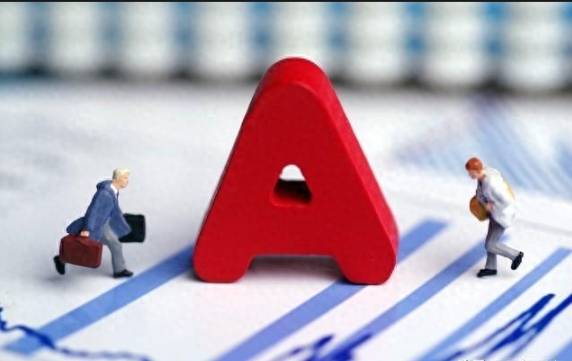


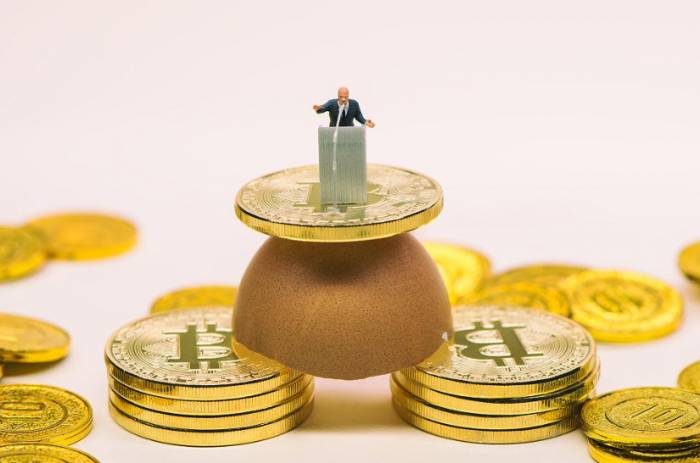
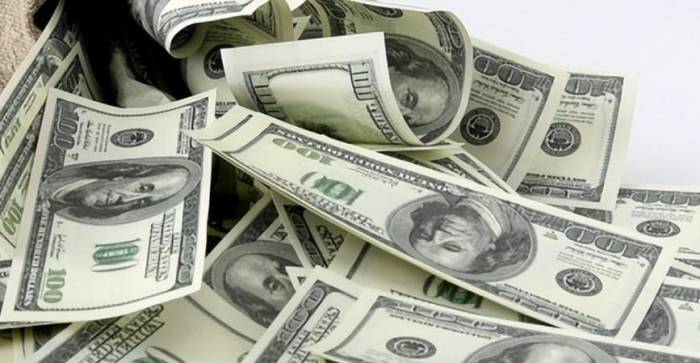
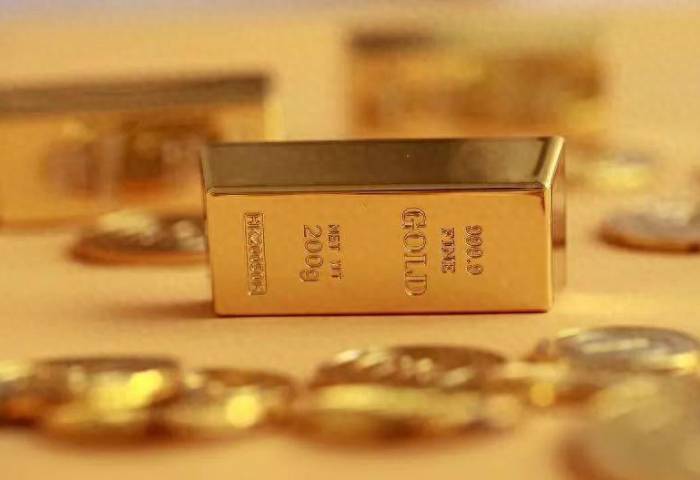
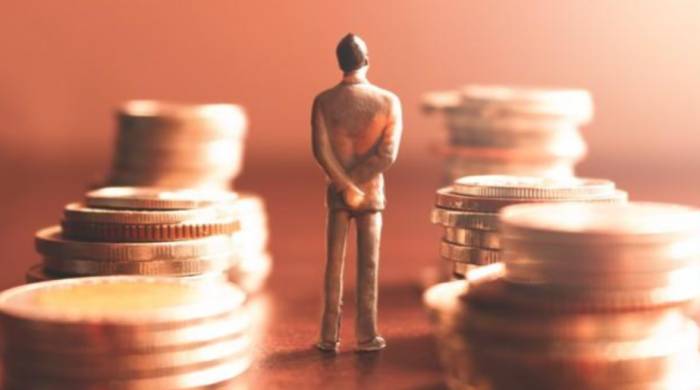
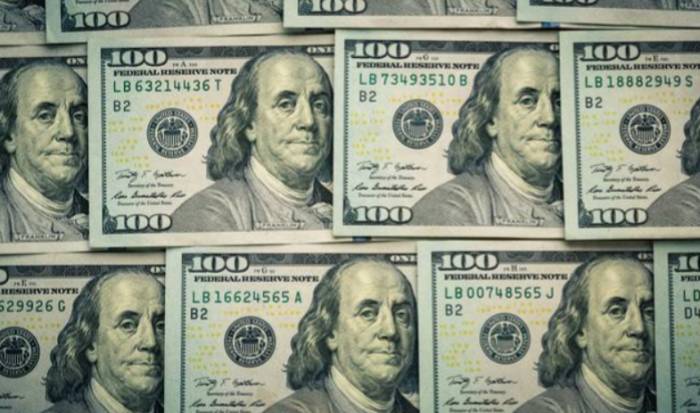
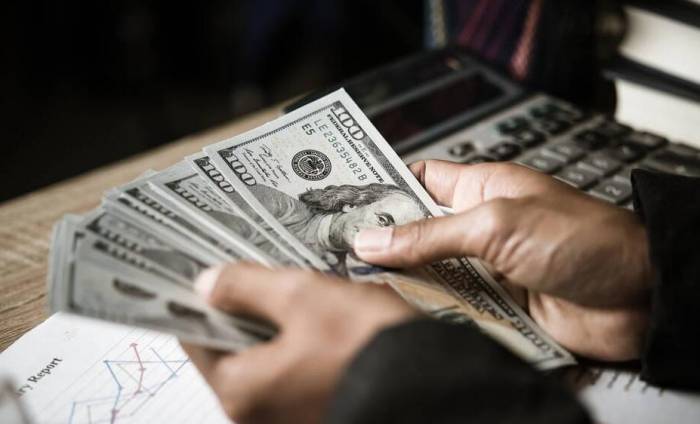
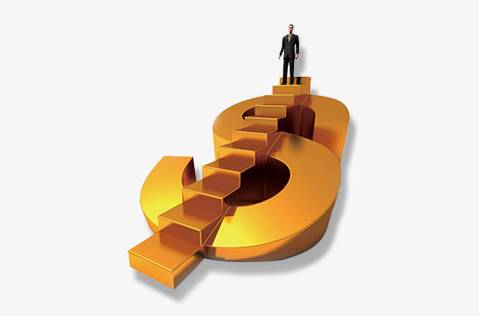
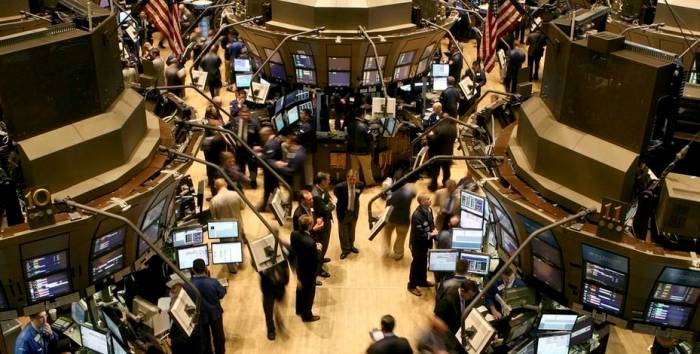

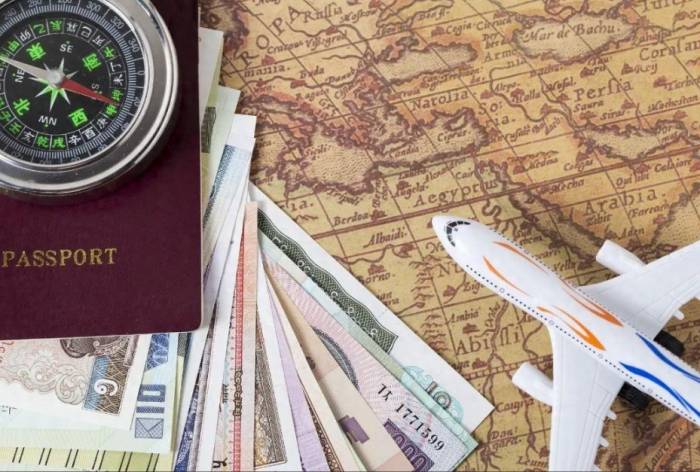
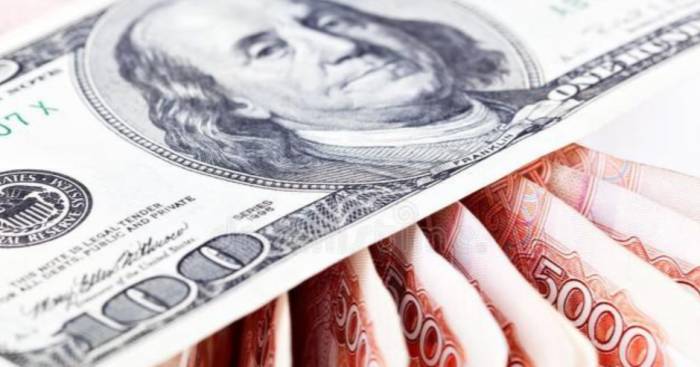
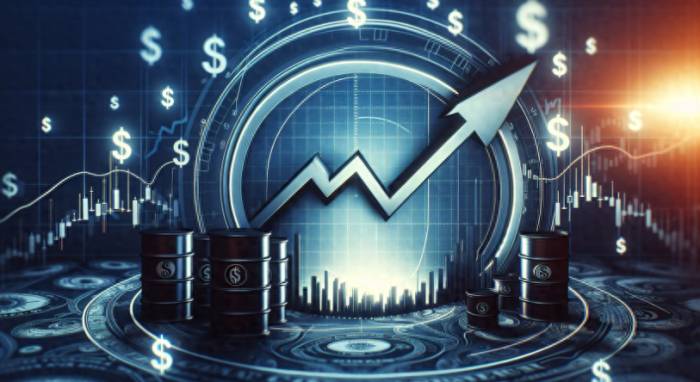
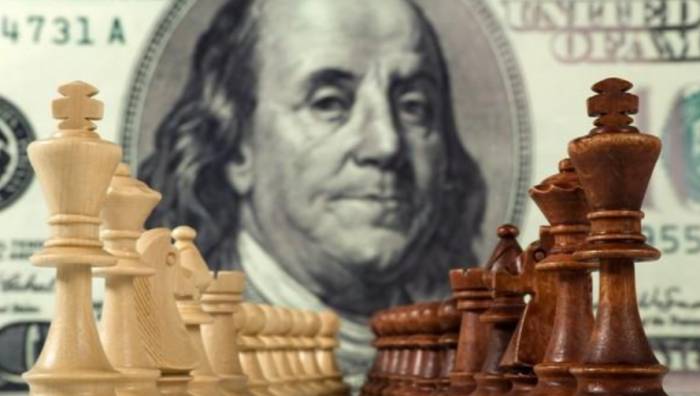
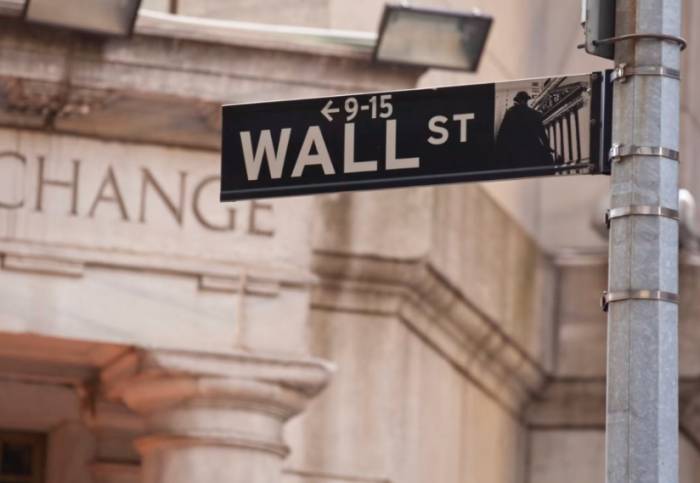
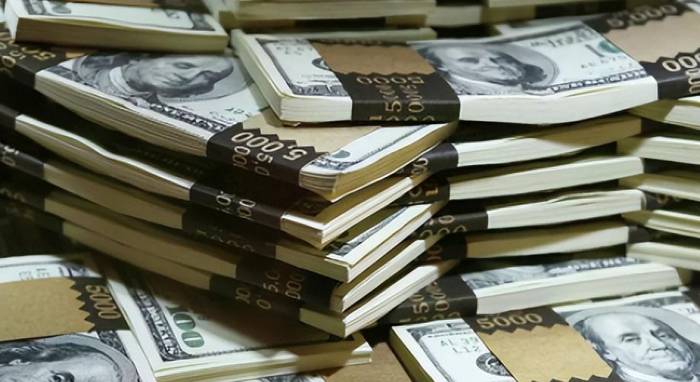


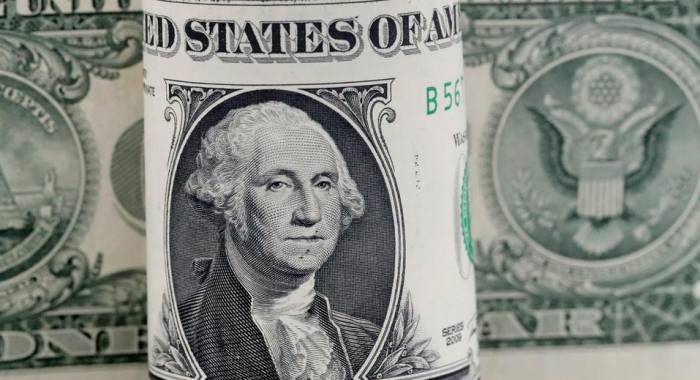
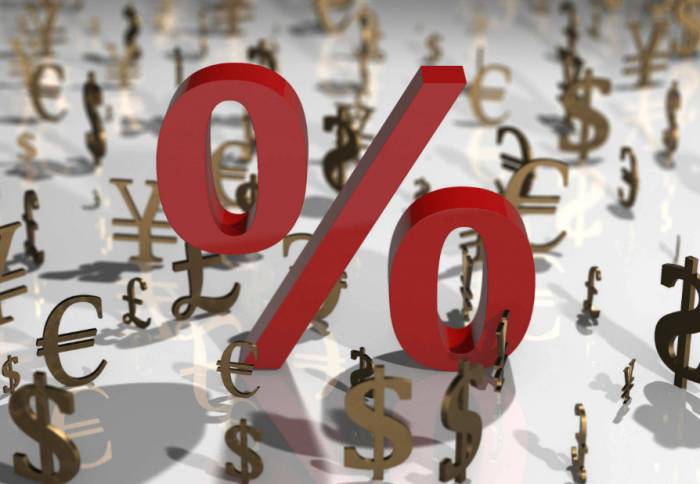

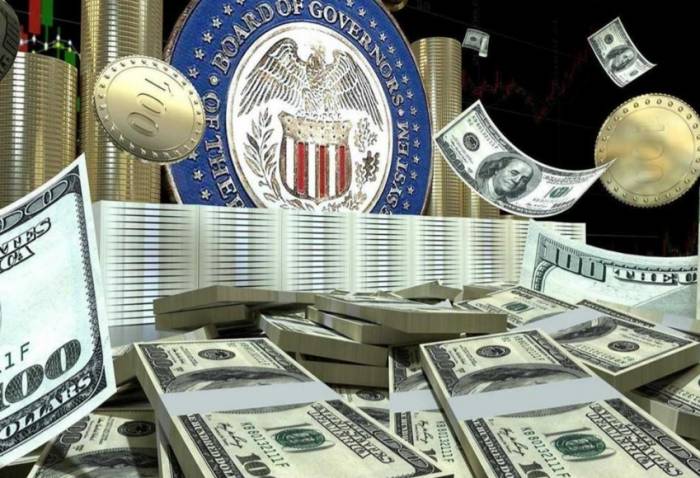
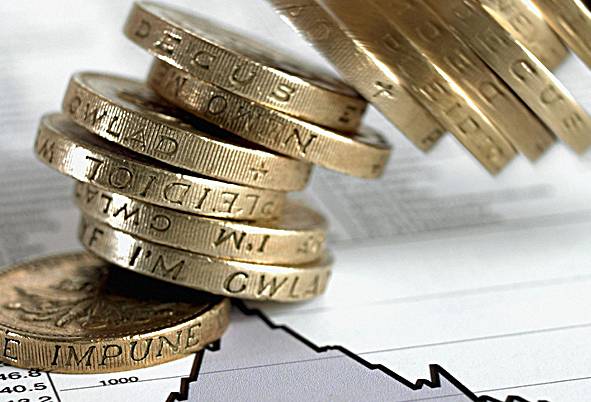
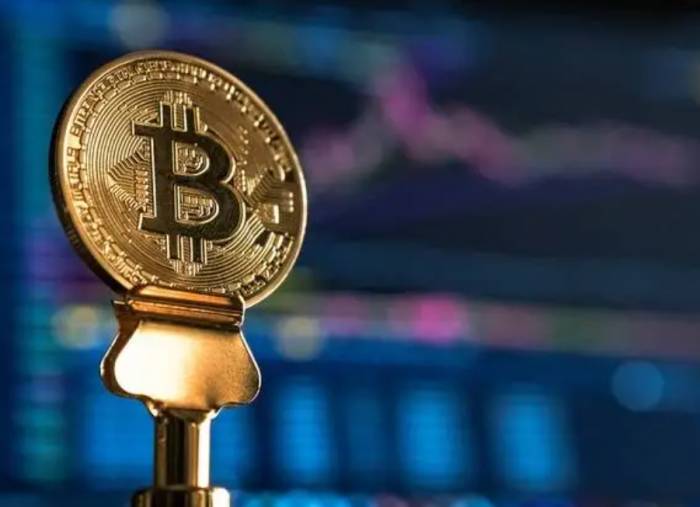
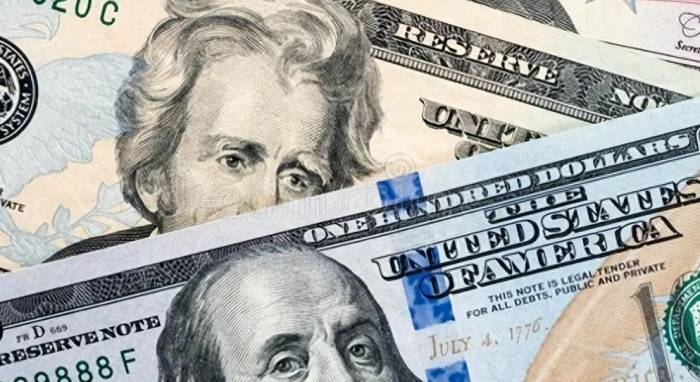
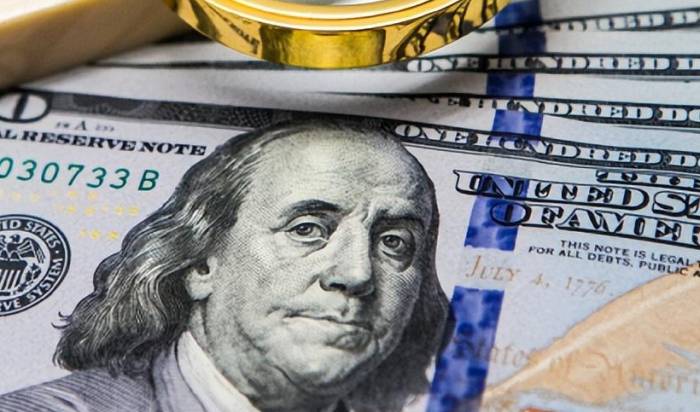
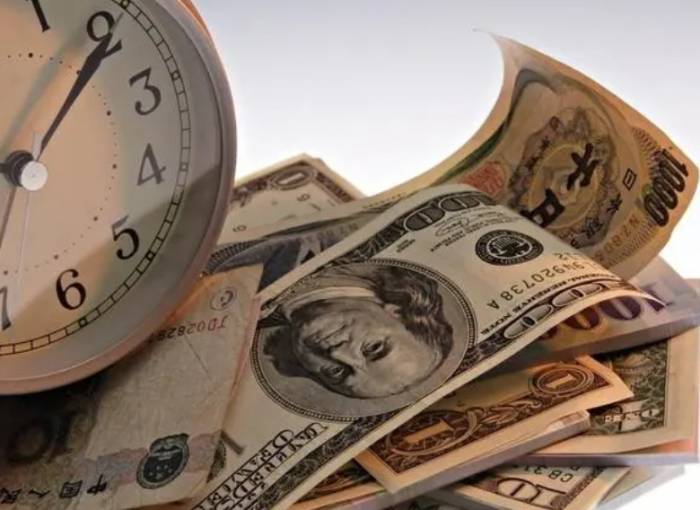
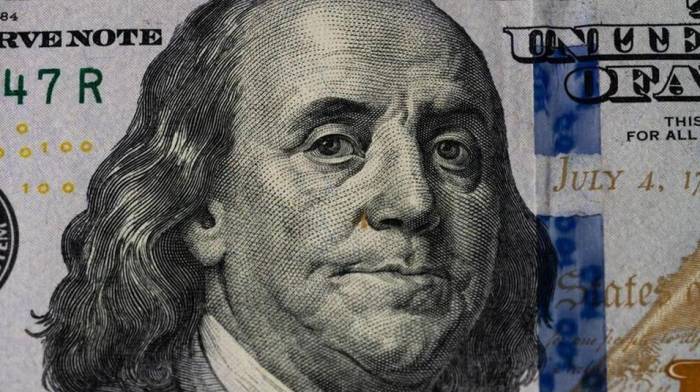
Leave a Comment